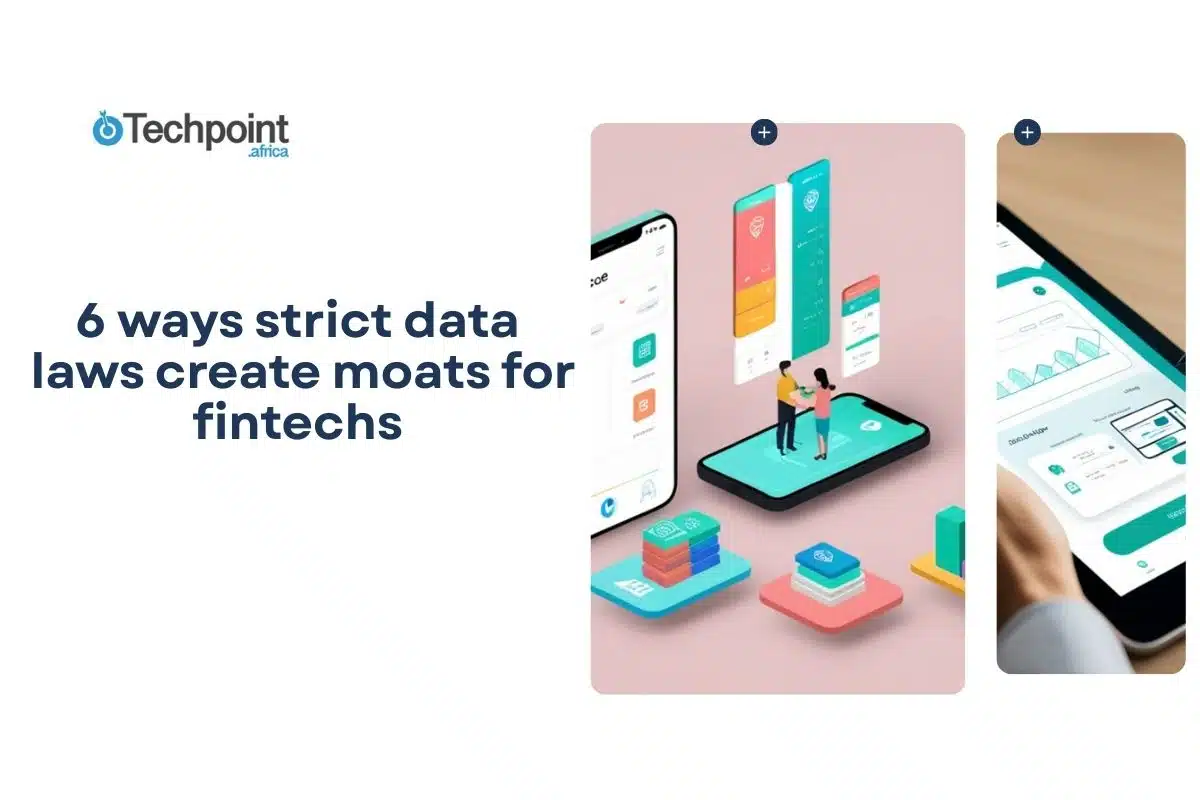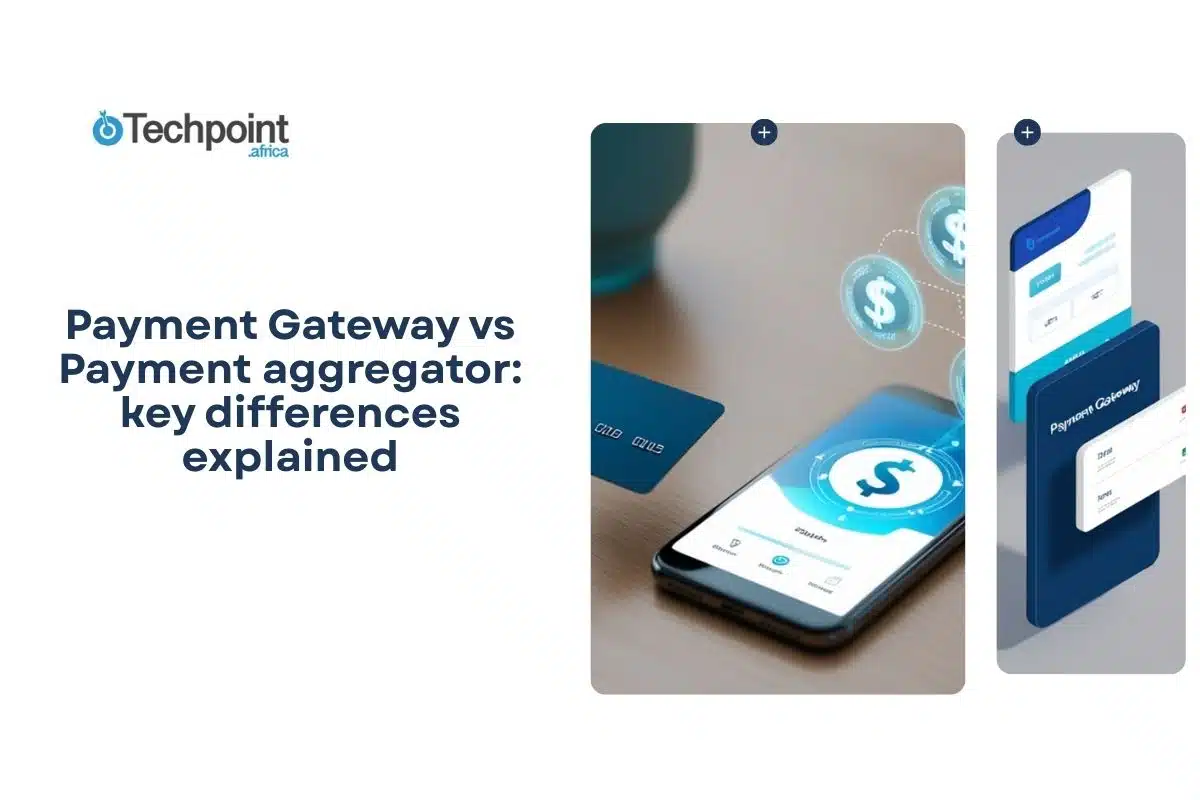This month, PiggyVest announced that it was launching PocketApp virtual account numbers in a move that would give it complete control over its users’ experiences. Since it was founded in 2016, PiggyVest users have funded accounts via card payments and subsequently virtual account numbers.
According to Joshua Chibueze, Co-founder and Chief Marketing Officer at PiggyVest, the introduction of virtual account numbers gave users greater control over how they funded their accounts, particularly those uncomfortable with automatic debits.
However, this shift also made PiggyVest reliant on third-party providers for those account numbers. Over the past three years, it has built an internal payment infrastructure leveraging PocketApp, which it acquired in 2022.
Built in partnership with Paystack, PocketApp virtual account numbers will initially enable the funding of Flex Naira and House Money accounts, with the fintech planning to expand coverage in the coming months.
In this interview, Chibueze shares the rationale behind launching virtual account numbers, its potential impact on customer experiences, and other products the company is working on.
This interview has been lightly edited for clarity.
How much of a problem was funding accounts using third-party virtual account numbers, and at what point did you decide PocketApp account numbers were a good solution?
When we started PiggyVest, the payment method was Paystack, that’s the pay with card. Paying with card at the time would cost us about 1.5% of whatever the customer is depositing. These were costs that we had to bear.
That’s why we found a model for customers to keep their money with us for at least three months, or charge a penalty fee for withdrawing early. That penalty fee was good enough to make up for the losses on the 1.5% that Paystack was charging for card transactions.
And then virtual account numbers came in. Charges were a bit less, and from the customer’s point of view, they were more convenient and safer. For cards, you have to save your card, and then we can debit at any time.

Victoria Fakiya – Senior Writer
Techpoint Digest
Stop struggling to find your tech career path
Discover in-demand tech skills and build a standout portfolio in this FREE 5-day email course
In the very early days, not many people were comfortable with the fact that we could debit their accounts randomly. They wanted to be in control of depositing their funds themselves, so pay with transfer, which is the virtual account number innovation, was easier for a lot of customers.
But even at that, we were still paying a lot of charges to Paystack, Flutterwave, and Monnify on the virtual account numbers, and we realised that we needed to own this aspect of the value chain.
If we owned and issued our own account numbers to PocketApp users, then we would significantly reduce our third-party payment costs. Now, third parties gave us a lot of problems because they were working with banks whose systems were not the best.
So when there are issues, PiggyVest would have to take responsibility. That’s why you see us issuing statements multiple times to calm users down when they encounter issues.
All that is happening in the backend is just us speaking to Paystack to put pressure on their partner banks to resolve the delays, because there was nothing we could do on our own, and our hands were pretty much tied.
However, customers often don’t understand this. Neither do they care. They just know that they sent money to their PiggyVest, but it has not “entered.” That was causing a lot of distrust. Customers don’t care about who you’re working with on the backend. They only know that they sent you money, but they haven’t received it.
With PocketApp, we’ve secured the licensing for all that, and we’ve now built our own infrastructure; that’s why we can issue our own account numbers. Now, we control the entire process. If there’s a delay, we know exactly where the money is, we can fix it very quickly, and there’s just more trust going forward in terms of people’s experience of the app.
Currently, this covers the Flex Naira and House Money products. Why are you beginning with those products, and when can we expect other PiggyVest products to be covered?
Today, the only products in PiggyVest that allow you to fund with an account number are Flex and House Money. There’s no other product that allows you to fund with an account number.
We expect you to fund your Flex, and then you can proceed to fund your other wallets. Piggybank is still strictly Flex, and I think recently PocketApp. Now, the reason is this. With Flex, many people put money there and can withdraw it at any time.
There’s a tendency for fraud to occur if you can just take someone’s card, fund your Flex, and withdraw it at any time. That’s why we removed funding Flex with cards, and that’s why we made Flex strictly account numbers.
So you’re doing the transfer, and then that’s fine. It’s also cheaper, and it’s easier. Now owning our infrastructure means we can include account numbers in all the other wallets.
Since it’s our own infrastructure, we can manage the costs and everything else better. But we’re starting with Flex and House Money. I think the next one we’ll introduce will be Safe Lock.
How does introducing these virtual account numbers affect your relationship with the banking partners you already work with?
We don’t owe them anything. We don’t even owe them loyalty. At this point, they’re begging us to use them because we have the volumes that they need.
We don’t interact directly with the banks. We only interact with the PSSPs, so it does not really affect anything. They will continue their business with their other merchants.
The main reason PiggyVest has decided to build this out was downtimes on the part of your third-party providers. There’s no guarantee that you would not have downtimes yourself, so how much of a difference will this make for users, all things considered?
There’s really no downtime per se for us. We’ve been testing these account numbers for almost a month now, and our issues have significantly reduced.
On the infrastructure itself, it’s only PiggyVest and PocketApp that are on it. However, when we used Paystack or Flutterwave’s virtual account numbers, PiggyVest and other merchants were on it, so I think they were experiencing volume issues.
Currently, Piggyvest and PocketApp are the only issuers of those virtual accounts, allowing us to be more efficient at this time. As we start to give out our virtual account numbers to other companies, we will have to build for scale, but we only care about ourselves right now.
Do customers have any choice in this? Can they choose to switch between PocketApp account numbers and other providers?
No, they don’t have a choice. We’ve issued everyone a PocketApp account number and instructed them to switch. Very soon, we’ll remove all other account numbers from the app, so you will no longer see them.
However, if you have saved a beneficiary with one of these account numbers, it may still be accessible. But we told everybody to switch, and we’re removing every other third-party provider on the platform.
PiggyVest has always positioned itself as a savings-first business. But with PiggyVest Business, it appears you’re expanding the ways people can save or access savings-related services. Can you walk me through what that evolution looks like?
We’re not moving beyond savings. We’re helping individuals save and invest on PiggyVest. We want to help businesses save and invest using PiggyVest Business.
PiggyVest Business is an extension of PiggyVest, but for businesses. The only thing we’re adding is that you can now access our wallet and treasury APIs for your business. Let me give you an example.
GoLemon does not need to build its own internal wallet. It can just integrate PiggyVest Business, which they are already doing, by the way, and then the wallet is powered by PocketApp.
What this does for them is that the wallet is regulated instantly because PocketApp is regulated by the CBN and insured by NDIC. They can also give their customers interest on the funds they keep in that wallet, powered by our treasury API.
So let’s say you’re keeping ₦20,000 in your GoLemon for groceries every month. You can now earn interest on that ₦20,000. In addition to using PiggyVest Business to save money and manage their day-to-day operations, GoLemon can now offer users interest on their wallet balances.
For us, it’s just extending that ability to manage and grow people’s money through other platforms. Because that’s what we fundamentally believe. The next level is embedded finance. We’re not going to be able to build everything.
There’s no need for us to build a GoLemon. GoLemon is already doing it, so why not just power them, give them wallets, give them a treasury?
Initially, we started with POS and everything, but we have since left the POS business. We just want to focus on our core, and our core is assets under management. We don’t really care how you collect the money from your customers; we just care what you do with the money after you’ve collected it.
Competitors like Moniepoint and OPay are expanding into full personal banking offerings. How do you see PiggyVest’s decision to stay focused on asset management impacting your position in the market?
I’m not worried about the competition. I always say that the competition is my customer.
Today, I have the attention of over six million users on the Piggytech ecosystem. My concern is how I can help these people that I already have do more with their finances.
We’ve given them PiggyVest and PocketApp. Now we’re giving the same set of customers PiggyVest Business. All of those customers will start a journey with us very soon on PiggyVest Business, so we’re not really worried about what any other person is doing. We’re just worried about improving the value that customers get from our ecosystem.
Beyond the rollout of virtual account numbers, are there other products that you’re working on that users can expect in the next few months?
Yeah. So we’re working on PiggyVest Kids and Salary Manager, a budgeting tool. PiggyVest Kids aims to provide use cases that enable parents to save money for their kids or save towards school fees, among other purposes.











